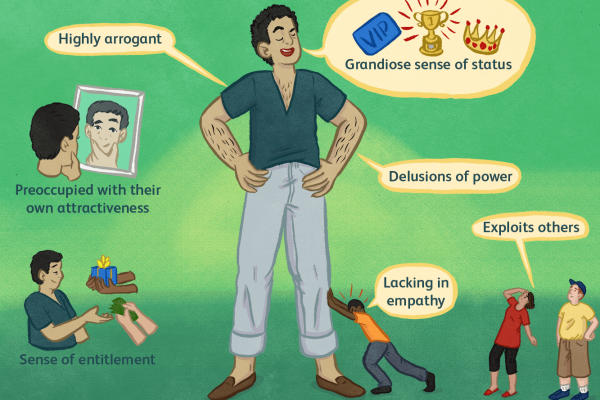What is a chronic pain?
Chronic pain, the most common cause of long-term disability, affects about 1.5 billion people worldwide. It is often defined as any pain that persists for 12 weeks or even longer. Adverse health issues such as fibromyalgia and other musculoskeletal conditions result in chronic pain which is often accompanied by fatigue and poor concentration. Standard treatment of chronic pain includes the prescription of analgesic and anti-inflammatory drugs, however, these have limited effectiveness. Furthermore, they can lead to serious side effects and long-term addiction.
Vitamin D: The much-needed solution
New research finds that achieving healthy vitamin D levels helps soothe chronic pain. No wonder, Vitamin D, lately, is always in the news and seems like the Paris Hilton of the nutrition world.
Vitamin D - aka, the sunshine vitamin - is a fat-soluble nutrient that is naturally present in very few foods such as fatty fish such as salmon, orange juice, egg yolks, and cheese. It is also available as a dietary supplement and produced when ultraviolet rays of the sun strike the skin and trigger its synthesis. Two forms of Vitamin D that are important to humans are D2 and D3. These are produced by chemical reactions in plants and humans (when the skin is exposed to sunlight) respectively.
Vitamin D obtained from all these sources is biologically inert and needs to undergo two hydroxylations, the first in the liver and the second in the kidney for activation. The chemical process occurring in the liver converts vitamin D to a pre-hormone known as calcidiol, while that occurring in the kidney forms the physiologically active calcitriol.
Vitamin D helps your body absorb calcium which is critical for strong bones. So, without sufficient Vitamin D, you won't get enough calcium. In that case, your bones can weaken, potentially leading to bone and joint pain, or even severe ailments like osteoporosis.
Here are vital uses of Vitamin D in relieving chronic pain:
1) Heals Lower Back Pain - Chronic back pain, the kind that can make it hard to do even the simplest things, like getting out of bed, is indeed defeating. One study found that lower back pain is strongly associated with vitamin D deficiency, and 95% of patients were relieved of the pain by Vitamin D.
Vitamin D improves bone health, which reduces back problems. Vitamin D cheap supplements such as capsules and powder are one of the most effective lower back pain relief products.
2) Provides Bone Support - Calcium and Vitamin D work closely to provide bone support. Calcium is vital for building and maintaining bones. However, the body cannot absorb calcium effectively without the help of Vitamin D. So, calcium can only reach its full bone-building capacity if your body has sufficient Vitamin D. This way, by taking proper daily amounts of calcium and Vitamin D, you can easily prevent the occurrence of severe illnesses like osteoporosis. Vitamin D supplements greatly prevent osteomalacia, a softening of the bone that highly increases the possibility of fractures.
3) Strengthens Muscles - New research reveals that high levels of Vitamin D improve muscle strength. According to the findings of this research, people with higher levels of active Vitamin D have a higher lean mass and muscle mass. This also means lesser body fat, and hence an overall healthy body. Optimized muscle function eventually prevents chronic pain. Also, increasing your intake of Vitamin D helps soothe chronic pain in people who have weak muscles.
4) Controls Inflammation - Researchers have discovered specific molecular and signalling events by which Vitamin D controls inflammation. Vitamin D deficiency leads to various inflammatory diseases including Crohn's disease and rheumatoid arthritis, as well as obesity. Specifically, in rheumatoid arthritis patients, pain and vitamin D levels are inversely related.
On reading up the uses of Vitamin D in soothing or preventing chronic pain, you’d have realized the enormous risks of being deficient in this highly beneficial nutrient. Generally, Vitamin D levels are affected by age and body fat levels. As we age, we make Vitamin D less by 75%. Also, Vitamin D gets trapped in body fat, leading to a 55% reduction in blood levels for obese people. The only way to know if you are deficient is by having a blood test.
In the case of moderate to high levels of deficiency, It is advisable to take Vitamin D supplements prescribed by your doctor.










